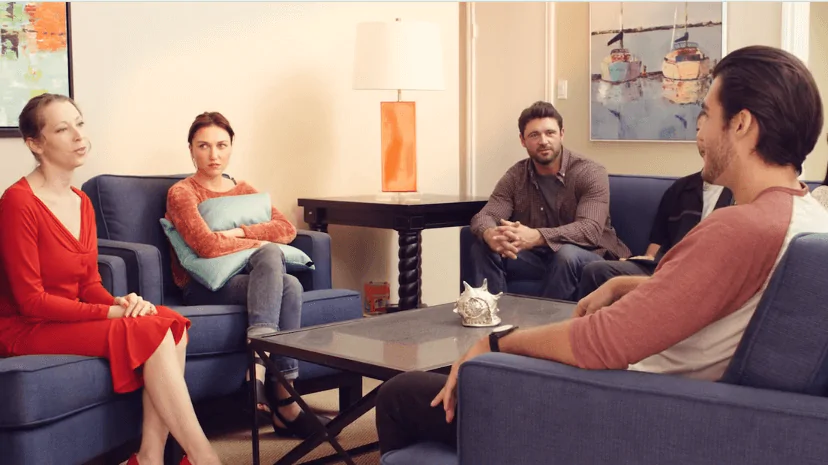24/7 Helpline:
(866) 899-221924/7 Helpline:
(866) 899-2219
Learn more about Residential Rehab centers in Boley

Other Insurance Options

Ceridian

MHNNet Behavioral Health

EmblemHealth

Health Net

Horizon Healthcare Service

United Health Care

Private insurance

Medical Mutual of Ohio

CareSource

Meritain

Sliding scale payment assistance

Holman Group

Magellan

Humana

Premera

ComPsych

AllWell

GEHA

BlueCross

Excellus



Creoks Mental Health Services
Creoks Mental Health Services is a private rehab located in Okemah, Oklahoma. Creoks Mental Health S...




















